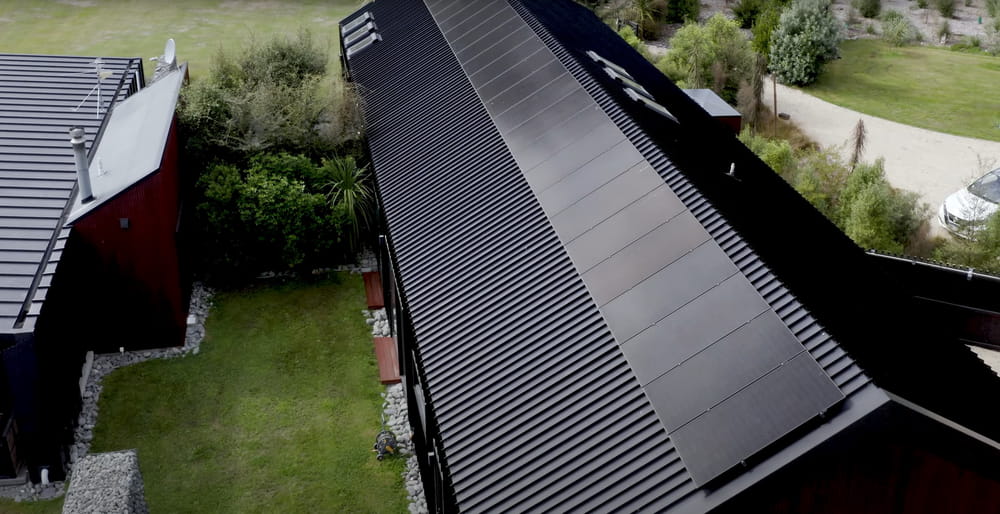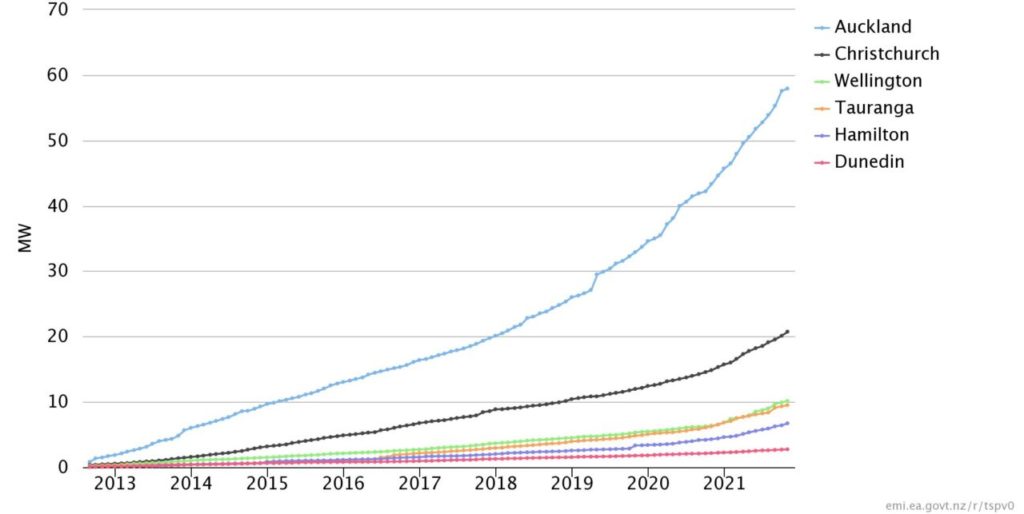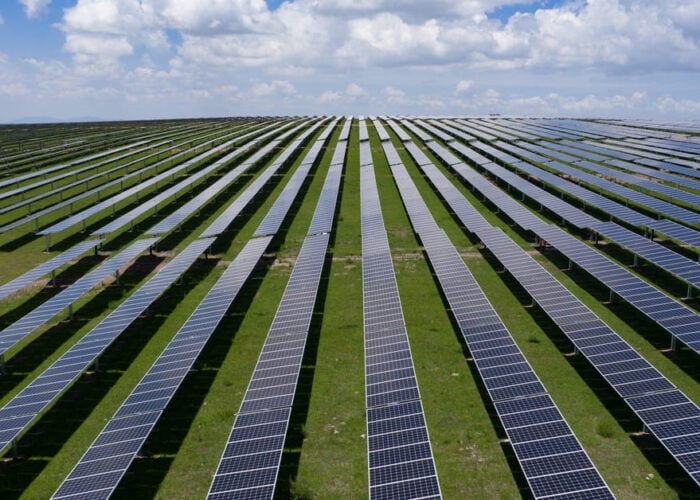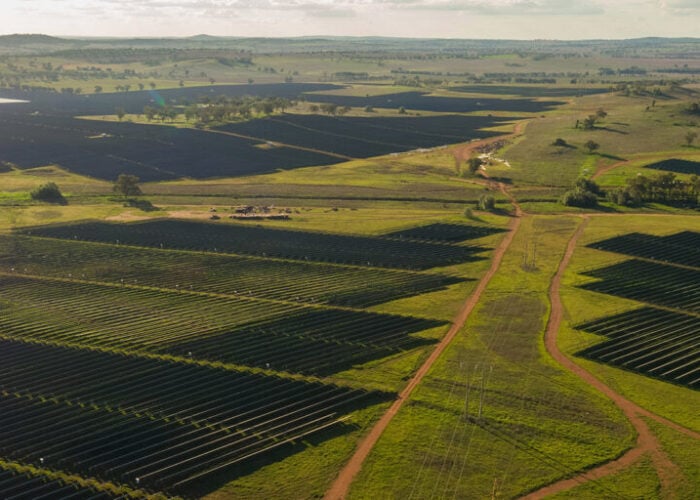
The New Zealand government and US investor BlackRock have launched a NZ$2 billion (US$1.2 billion) investment fund to support renewable power generation in the country.
The fund will support the establishment of new renewable power facilities, as New Zealand looks to hit its ambitious renewable power targets. The government aims to meet 100% of its electricity demand from renewable sources by 2030, up from 82% as of 2021.
Try Premium for just $1
- Full premium access for the first month at only $1
- Converts to an annual rate after 30 days unless cancelled
- Cancel anytime during the trial period
Premium Benefits
- Expert industry analysis and interviews
- Digital access to PV Tech Power journal
- Exclusive event discounts
Or get the full Premium subscription right away
Or continue reading this article for free
While neither the government nor BlackRock specified any particular projects that would receive support, this funding from the private sector could be an important step in funding new renewable projects.
“I’m absolutely stoked about what this means for Kiwi ingenuity in renewable energy; it shows that our ambitious climate targets have the world’s attention, and that they are good for the climate, good for the economy and will help create highly skilled jobs,” said New Zealand prime minister Chris Hipkins.
“With countries around the world experiencing the impacts of climate change on a daily basis, it’s never been more urgent to invest in technology that will help address the climate crisis, and New Zealand is well positioned to be a home for that investment.”
This fund could benefit the solar sector, which has grown in New Zealand in recent years, but remains a small part of the energy mix. The country’s total installed solar capacity was 247MW in October 2022, up from 7MW in October 2013, but this still just accounts for 1% of New Zealand’s total energy mix.

The new financial support could also help address a significant regional imbalance in solar capacity across New Zealand’s regions. Auckland, the northern region containing the country’s largest city, had 57.9MW of capacity installed in October 2022, and only one other region – Christchurch – contained more than 20MW.
Private firms have already invested in new solar projects beyond Auckland, such as Lightsource bp, which is backing a 150MW project at Christchurch Airport, and expects to commission the facility in 2026. Similarly, Lodestone Energy is completing construction work on its 32MW Edgecumbe project in the Bay of Planty on the North Island, to the east of Auckland, and plans to begin commercial operations at the facility in early 2024.
“Investors in the green economy can see our potential and recognise our commitment to climate commitments and goals, such as our banning of further offshore oil and gas exploration,” said New Zealand minister of energy and resources Megan Woods.
“New Zealand is now an investment magnet for capital that will unlock technology such as battery storage, wind and solar generation, green hydrogen production and more electric vehicle chargers across New Zealand.”
The news is the latest move made by the New Zealand government to expand its solar sector. This follows the government granting fast-tracked approval to nine solar PV projects, using legislation passed during the Covid-19 pandemic to accelerate the permitting process.






